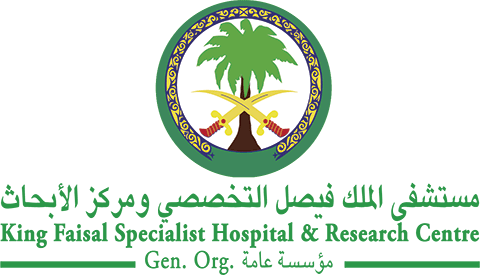Abstract
The U.S. Food and Drug Administration (FDA) approved 6 CAR T cell (CAR-T) products, including tisagenlecleucel (tisa-cel), axicabtagene ciloleucel (axi-cel), brexucabtagene autoleucel (brexu-cel), lisocabtagene maraleucel (liso-cel), idecabtagene vicleucel (ide-cel), and ciltacabtagene autoleucel (cilta-cel) in the last 5 years. CAR T-cell therapy significantly improved outcomes for patients with B-cell non-Hodgkin lymphoma (NHL) and multiple myeloma (MM). However, recurrence and progression may occur after the initial response due to multiple mechanisms (Zeng and Zhang, 2022) [1]. Furthermore, CAR T-cell therapy is not broadly utilized in solid tumors due to various barriers. This review discusses the evolution of CAR T-cell therapies and how the “younger-generation” CAR T cells counteract these challenges to potentially broaden their applications in the future.
Recommended Citation
Yi, Dongni; Gergis, Mia; Hsu, Jingmei; Yang, Yang; Bi, Xia; Aljurf, Mahmoud; and Gergis, Usama
(2022)
"Next-Generation Chimeric Antigen Receptor T Cells,"
Hematology/Oncology and Stem Cell Therapy: Vol. 15
:
Iss.
3
, Article 11.
Available at: https://doi.org/10.56875/2589-0646.1035
Creative Commons License

This work is licensed under a Creative Commons Attribution-Noncommercial-No Derivative Works 4.0 License.
Included in
Cancer Biology Commons, Hematology Commons, Oncology Commons

